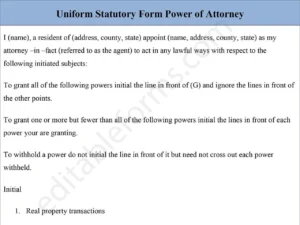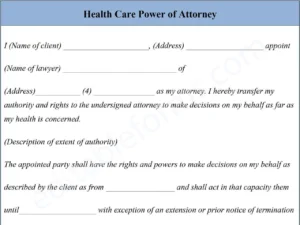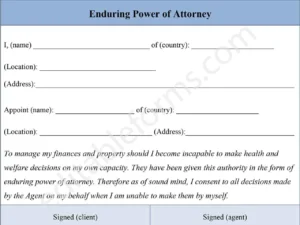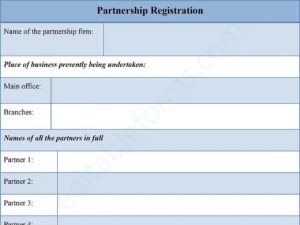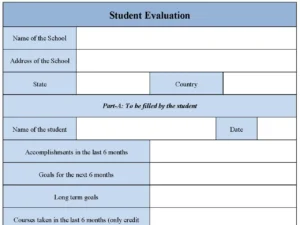Landlord tenant form is an agreement between a landlord and a tenant. This document contains the terms and conditions defining the landlord –tenant relationship for the period of agreement. It includes details of tenant payment, use of premises, and termination of contract.

You can Download the Landlord Tenant Form Template, customize it according to your needs, and Print it. Landlord Tenant Form Template is either in MS Word or Editable PDF.
Download the Landlord Tenant Form Template for only $6.54.
Buy Now: 6.54 USDIf you are having problems downloading a purchased form, don’t hesitate to contact us and include your receipt number and the exact name of the document you purchased, and I’ll email you a copy.

Features:
Parties Involved:
Identifies the landlord and tenant(s) entering into the agreement.
Property Description:
Details the specific property being rented, including the address and also unit number (if applicable).
Term of Lease:
Specifies the rental period, including the start date and end date.
Rent Amount and Payment:
Outlines the monthly rent amount, due date, and acceptable methods of payment.
Use of Property:
Defines the intended use of the property (e.g., residential, commercial) and may include restrictions on subletting or using the property for business purposes.
Tenant Responsibilities:
Specifies the tenant’s obligations, such as maintaining the property, paying utilities, and complying with noise restrictions.
Landlord Responsibilities:
Outlines the landlord’s obligations, such as maintaining the property’s structure, providing essential services (e.g., heat, water), and making repairs in a timely manner.
Security Deposit:
Specifies the amount of the security deposit, the terms for its return, and potential deductions for any damages beyond normal wear and tear.
Pet Policy (optional):
Outlines any pet restrictions or pet fees associated with the rental.
Benefits:
Clarity and Protection:
A written agreement ensures both the landlord and tenant understand their rights and responsibilities, minimizing misunderstandings and potential disputes.
Security:
The agreement protects both parties by clearly outlining expectations and providing a legal record of the terms.
Reduced Risk of Eviction:
For tenants, a well-defined lease agreement can help reduce the risk of eviction as long as they comply with the terms.
Streamlined Maintenance:
By outlining who is responsible for different maintenance tasks, the agreement can facilitate a smoother process for addressing repair needs.
Financial Certainty:
Knowing the fixed rental amount for the lease term allows tenants to budget effectively, and also landlords can have predictable income.

